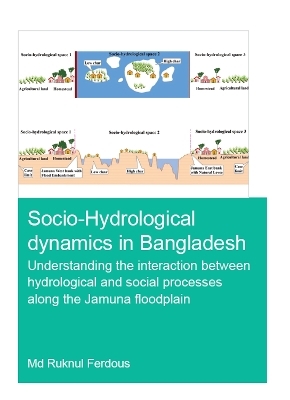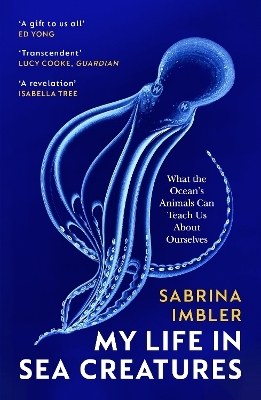
Socio-Hydrological Dynamics in Bangladesh
CRC Press (Verlag)
978-0-367-90213-1 (ISBN)
Bangladesh is a large delta, where most people live in the overpopulated floodplains. Flooding is a normal phenomenon, which causes much suffering. How to reduce this suffering through better managing floods is a big societal challenge. To date, societal initiatives to address this challenge mainly consist of the construction of embankments along the river bank, to control hydrological processes and ‘discipline’ the river. Yet, such embankments generate their own hydrological and societal responses in sometimes unexpected ways. The study of these interactions and feedback mechanisms between hydrological and social processes is a new academic field, one that is particularly relevant in a dynamic delta such as Bangladesh. This research sets out to explore the phenomena, opportunities and risks generated by the interactions between physical and societal processes along the Jamuna River in Bangladesh. It conceptualize these interactions as temporally dynamic and spatially diverse combinations of fighting and living with water. The research proposes the concept of "Socio-hydrological spaces (SHSs)" to enrich the study of socio-hydrology. A SHS is a geographical area in a landscape. Its particular combination of hydrological and social features gives rise to the emergence of distinct interactions and dynamics (patterns) between society and water. The SHSs concept suggests that the interactions between society and water are place-bound and specific because of differences in social processes, technological choices and opportunities, and hydrological dynamics. Through the concept of SHS, this research does not only contribute to advance the knowledge about socio-hydrological dynamics in Bangladesh, but also provides more general insights for flood risk management.
Md Ruknul Ferdous was born in Dinajpur, Bangladesh in 1980. He studied Water Resources Engineering at the Bangladesh University of Engineering and Technology (BUET), Dhaka, Bangladesh, where he graduated in 2005. He completed a Master of Science in Water Science and Engineering (Specialization: Hydrology and Water Resources) at IHE Delft Institute for Water Education, Delft, the Netherlands in 2014. From 2005 to 2014, M. R. Ferdous worked at CEGIS, a public trust under the Ministry of Water Resources, Bangladesh as a Water Resources Expert and River Morphologist. In this capacity, he became involved in research that combined insights from hydrology, river morphology, water management, climate change and environmental studies. He worked in a number of projects in which he used such insights to help develop flood forecasting systems, produce vulnerability assessments, develop ways to adapt to natural hazards and climate change. He also engaged in environmental and social impact assessment of flood management projects in Bangladesh. In 2014, he started his PhD research at IHE Delft Institute for Water Education, Delft, the Netherlands and the University of Amsterdam, the Netherlands under the program "Hydro-Social Deltas: Understanding flows of water and people to improve policies and strategies for disaster risk reduction and sustainable development of delta areas in the Netherlands and Bangladesh". His research interests are human-water interactions, hydrology, flood and river bank erosion, and river morphology.
1. Introduction, 2. Socio-hydrological spaces in the Jamuna River floodplain in Bangladesh, 3. The levee effect along the Jamuna River in Bangladesh, 4. The Costs of Living with Floods in the Jamuna Floodplain in Bangladesh, 5. Exploring the interplay of flood vulnerability and structural protection levels in Bangladesh, 6. Conclusions.
| Erscheinungsdatum | 11.03.2020 |
|---|---|
| Reihe/Serie | IHE Delft PhD Thesis Series |
| Verlagsort | London |
| Sprache | englisch |
| Maße | 170 x 240 mm |
| Gewicht | 385 g |
| Themenwelt | Naturwissenschaften ► Geowissenschaften ► Hydrologie / Ozeanografie |
| Technik ► Umwelttechnik / Biotechnologie | |
| ISBN-10 | 0-367-90213-3 / 0367902133 |
| ISBN-13 | 978-0-367-90213-1 / 9780367902131 |
| Zustand | Neuware |
| Informationen gemäß Produktsicherheitsverordnung (GPSR) | |
| Haben Sie eine Frage zum Produkt? |
aus dem Bereich


